Harris, Reed & Seiferth
|
|
If you're anything like me, you look forward to the cooler seasons of the year — a break from the heat and a little kiss on your nose from the chill is welcome. However, once that first cold morning hits, you often wish those days of humidity and heat were back with a passion. Here are a number of tactics to help you survive the cold and keep your toes warm in your mobile home this winter.
Source: https://www.foremost.com/learning-center/mobile-home-tricks-to-survive-the-winter.asp
0 Comments
Although snow can make winter driving difficult, it's not the real threat. Icy roads are one of the top causes of car accidents in the United States, and cause hundreds of deaths each year. It's easy to lose control of your car when the roads are icy, and is difficult to gain control again. There aren't any fool-proof ways to avoid black ice, but you can certainly protect yourself by understanding and knowing how to deal with this seasonal issue!
Source: https://www.foremost.com/learning-center/driving-on-black-ice.asp
With the crisp winter air, it won't be long before you're able to take your snowmobile out on the trail, if you haven't already. Before you do, you may want to ask your insurance agency some questions about snowmobile insurance coverage. Foremost Insurance Group has some suggestions to help you get started. 1. Is my optional equipment covered? "You'll want to know if your windshields, new seats or running boards are covered under your current policy, if they aren't included as standard by the manufacturer," says Foremost® assistant product manager Jarrod Long. "A good policy will give you a set amount of coverage for optional equipment included with your comprehensive coverage, with the ability to purchase more." 2. Is my safety apparel covered?" Helmets, gloves, boots and any other clothing designed to minimize injury are generally considered safety apparel," adds Long. "Be sure to discuss what this coverage includes with your agent. Typically damage to safety apparel is covered, but theft is not. Check with your agent or broker." 3. What kind of higher limits are available for Liability coverage?" Liability coverage is important in case you are found responsible for someone else's injury while driving your snowmobile," states Long. "Considering attorney fees and other costs associated with litigation can increase quickly, having the option for higher limits is a plus.. Based on their financial situation, most people try to match their snowmobile liability limits to the liability limits they have on their automobile." 4. What discounts are available?" Discounts will help you save money on the premium you pay for your policy," Long adds. "You may qualify for a multi-policy discount if you insure more than just your snowmobile with the same company. Specifically for snowmobiles, you may be able to get discounts for taking safety courses or having multiple vehicles." 5. What payment plans are available? "Whether you want to pay in full or in installments, having the flexibility to choose is a good option to have," suggests Long. "Talk to your agent or broker. Insurance companies offer many different plans such as one-pay, four-pay or ten-pay options." Source: https://www.foremost.com/learning-center/top-questions-to-ask-about-snowmobile-insurance.asp
This time of the year is always hectic, especially when you add traveling into the mix. Between standstill traffic on the roadways, packed airports, crying kids and canceled flights – it can put a damper on your holiday spirit. To avoid all the craziness, we put together some tips and tricks to get you to your holiday destination safe and sound. Remember, it's always important to do your research, plan ahead and be prepared for the unexpected!
⚹ https://www.tsa.gov/travel/security-screening/whatcanibring/printable Source: https://www.foremost.com/learning-center/how-to-survive-holiday-traveling.asp
Slipping and sliding can have either very positive or very negative connotations depending on the time of year. During the summer, it can sound like a fun afternoon's activity! But during the winter, the term has a whole new meaning, especially when you have to drive. Those icy and snow-filled roads can take a toll on your car and make driving even more dangerous. Check out these tips to help keep you and your car in the best shape possible for the winter to come!
Source: https://www.foremost.com/learning-center/winter-auto-safety-checklist.asp
Let's admit it, summer is definitely the most cheery season of the year. That warm, sunny weather boosts our mood and allows us to go on adventures wrapped in the warmth of the sun. But hey, winter has its perks too! Think of all those holiday parties, tasty treats and snow forts! Or maybe you prefer a warm, cozy night watching your favorite movie or reading your favorite book. Wait… your furnace isn't working? Well that's no good. If you live in a cold-weather state, it's important that your furnace is in great shape so it keeps your home warm all season long. Here are seven tips to help keep your house toasty without burning through cash. Stay warm and save money with these seven tips for getting started:
Source: https://www.foremost.com/learning-center/getting-your-furnace-ready-for-the-winter.asp
Do you remember when you were young and had to check under your bed for monsters before you could go to sleep? I sure do! Because of my hyperactive imagination and the poor decision to watch one too many cheesy 80s horror movies, I was absolutely terrified of monsters when I was a kid. Every night I would thoroughly inspect all of the best hiding places in my room before I reluctantly switched off the light and frantically dashed for my bed, fully expecting to be ambushed by a mob of gremlins as soon as everything was dark. I certainly didn't want any mischievous little critters to snack on one of my exposed limbs as I slept, so I wrapped myself in a cocoon of blankets as an extra precaution.
Now that I am an adult who is fairly confident that there are no monsters under my bed, I have a more important question to ask: What's lurking below your mobile home? The answer probably isn't monsters, but here are three things that you may find: Animals Mice, raccoons, squirrels, skunks, insects and other critters may invade the space below your mobile home and cause messes, loud noises, bothersome odors and other damages. Keeping your trash and recycle bins tightly closed and making a point to keep the underside of your home clean of trash and debris are good strategies for keeping otherwise curious animals away. It also helps to keep bird feeders a good distance from your home, as they attract pesky squirrels and raccoons. According to SFGate, sprinkling chili or habanero flakes in the dirt around your home is an effective way to repel many animals. But if you do end up finding an animal under your home, don't try to remove it yourself. Instead, call your local animal control service−they can help you find a safe solution. Water If there is an abundance of clay in the soil around your home or if your yard is not graded well, any water that collects under your home may not be able to drain properly. Rainfall and even plumbing leaks can lead to excess moisture, and if you don't act quickly to fix this problem, your home could become musty and moldy. My Mobile Home Makeover suggests addressing the issue of pooling rain water by stapling plastic sheeting to the bottom frames of skirting so that any water that collects will be absorbed beneath the plastic and will not damage the bottom of your home. You can also install gutters to prevent rain water from pooling underneath or around your home. Holes It never hurts to thoroughly inspect the bottom of your mobile home for holes. Gaps, tears and open spaces enable animals to sneak in and make your home their own. Holes could also expose water pipes and wires, which could easily be damaged by outside elements. If you find holes in the polyethylene belly wrap below your home, SFGate suggests stuffing fiberglass insulation into the space before patching it. Additionally, cleaning the area around the hole will make the patch stick more effectively. Lastly, if you plan to file a claim with your insurance company, be sure to take photos of the holes and other damages and keep careful records of your receipts and invoices related to any mobile home underbelly repairing projects. Routinely checking under your mobile home for animals, water and holes will help you stay aware of potentially monstrous damages that require your attention. If you live in a climate where the temperature starts dropping in October and there's a chance of snow from November through February, you'll most likely be thinking about putting your motorcycle away for the winter. Your motorcycle is an investment of your finances and your time, and it's important to think about keeping it clean and safe while the weather is cold and snowy. Wherever you may choose to keep it for the winter season, remember these tips from the Foremost Insurance Group and the American Motorcyclist Association: Clean it up Give your bike a good wash and wax and cover it with a breathable cloth cover. This will keep dirt and dust, or other airborne matter in your garage, from settling on your bike. Gas it up Top off your tank and add the recommended amount of fuel stabilizer. Stabilizer prevents your fuel from breaking down and producing a brown residue that can coat your carburetor. Run your engine for a few minutes to circulate the treated gas. Since gas is flammable, do not store a motorcycle with a full tank of gas in an area where there is open flame, pilot lights, sparks or motors. Change the oil Just before you put your motorcycle into storage, change the oil. Used oil that sits in your bike all winter becomes corrosive and can damage your motorcycle's parts. Check the coolant Since motorcycles are not used in freezing temperatures, many riders overlook the use of coolant. Use a floating-ball device to check if your coolant level is sufficient to resist freezing. If it's low, always add according to the manufacturer's directions. Charge the battery Remove your battery, store it at a temperature above 32 degrees and trickle-charge it once a month. If you're able to run the bike once a month, leave the battery in the bike and disconnect the negative cable end. Remember the tires If you can manage it, store your bike with the motorcycle off the ground. If you can't do this, make sure the tires are properly inflated, set the bike on its stand and rotate the front tire every so often to avoid flat spots. By taking the time to properly prepare your motorcycle for storage, you'll save more time in the spring when you want to take your motorcycle out on the open road. Motorcycle insurance It's important that you have the right motorcycle insurance. You need an insurance policy that offers the coverages that are important to your specific bike and lifestyle. Take a look at our coverage options on our motorcycle insurance page, or get a quote. Important things to look for when choosing a specialized motorcycle insurance policy:
Source: https://www.foremost.com/learning-center/store-your-motorcycle-safely.asp
Add a little snow and an awesome machine and you have the wonderful world of snowmobiling. Snowmobiling is a popular pastime, especially in Michigan where our campus is located. I have only been on a snowmobile three times, so I'm no expert! Every weekend you see snowmobiles on trailers riding down the freeway or snowmobiles on snowy paths on the way to a weekend or week-long trip. Whether you are going for the day, or making a vacation out of it, preparation is essential. Anytime you venture out into the cold, some risks are involved. Severe weather, unexpected hazards, injuries, or simply losing the trail … these things can happen quickly and it's best to be prepared. So, what do you need for a successful and fun snowmobile trip? Anytime you venture out into the cold, some risks are involved. Severe weather, unexpected hazards, injuries, or simply losing the trail…
Source: https://www.foremost.com/learning-center/ready-set-snowmobile-trip-time.asp
It's a necessary task for any seasonal home owner, and you still have time to get it done: preparing your seasonal home for the rigors of winter. Properly planning now can help you avoid damage and expensive repairs in the spring. The best preparation is to develop a checklist of tasks and then follow it faithfully. Here are the major areas for winterization that Foremost recommends your list includes:
Source: https://www.foremost.com/learning-center/winterizing-seasonal-home.asp
|
Categories
All
Archives
May 2024
|
Social MediaContact UsNavigation |
|
Website by InsuranceSplash
Privacy Policy | Terms of Use
© 2025 by HARRIS, REED & SEIFERTH INSURANCE GROUP, INC. All rights reserved.
© 2025 by HARRIS, REED & SEIFERTH INSURANCE GROUP, INC. All rights reserved.

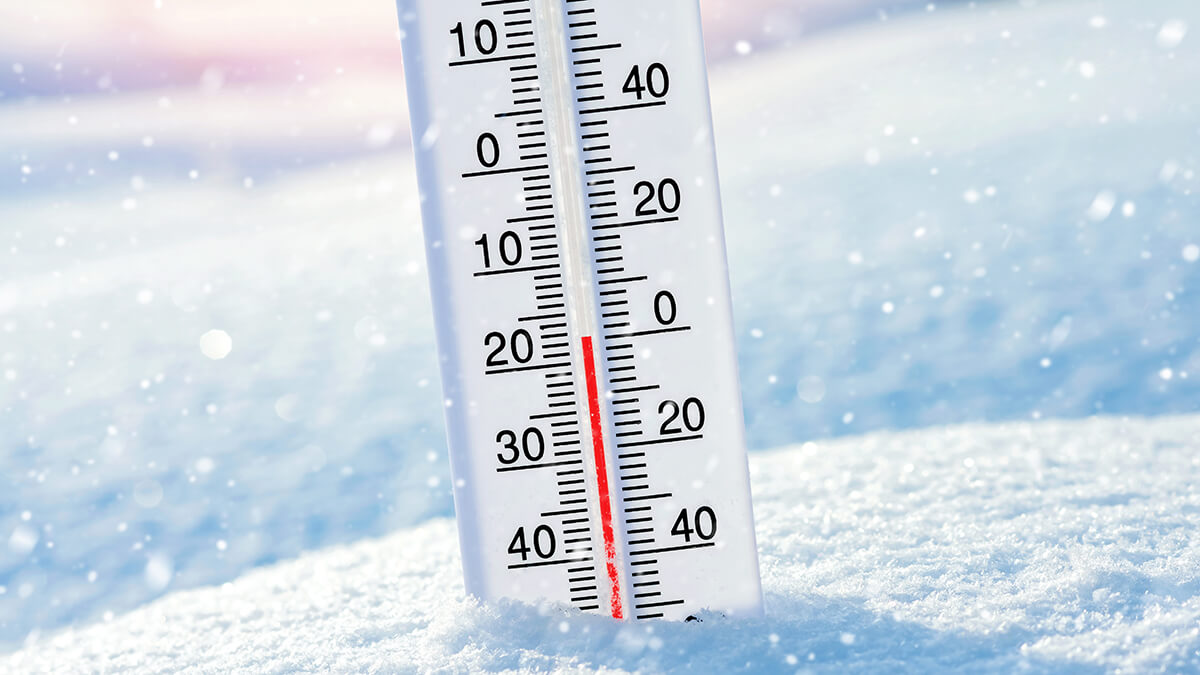
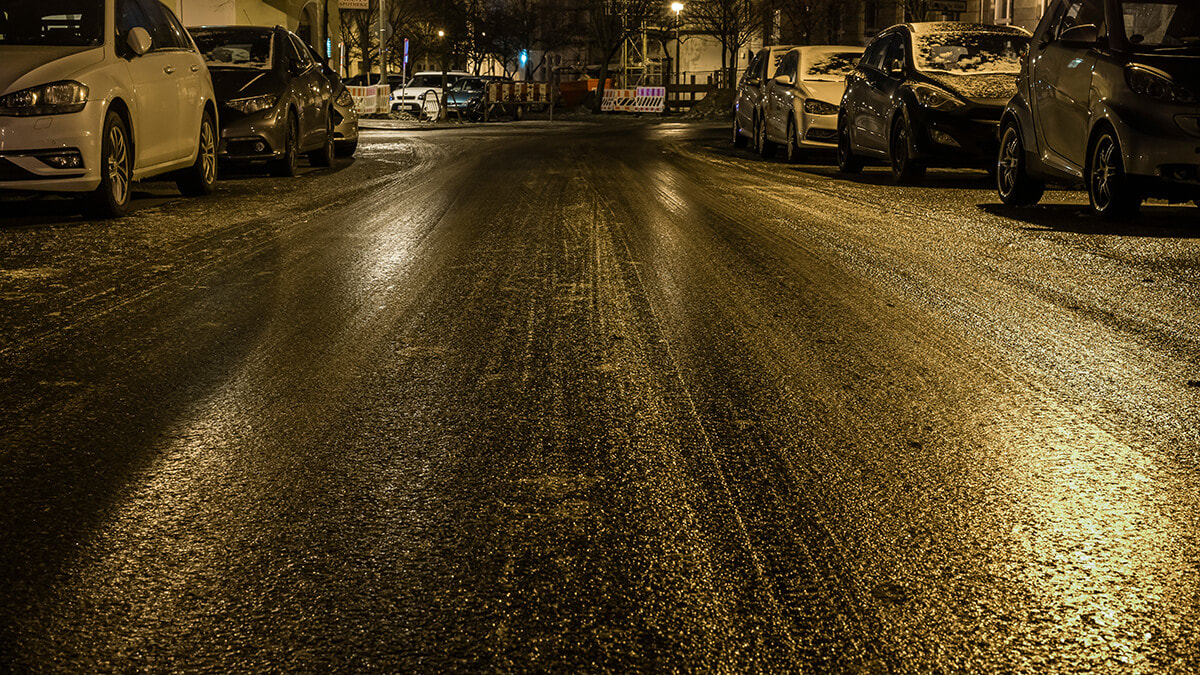
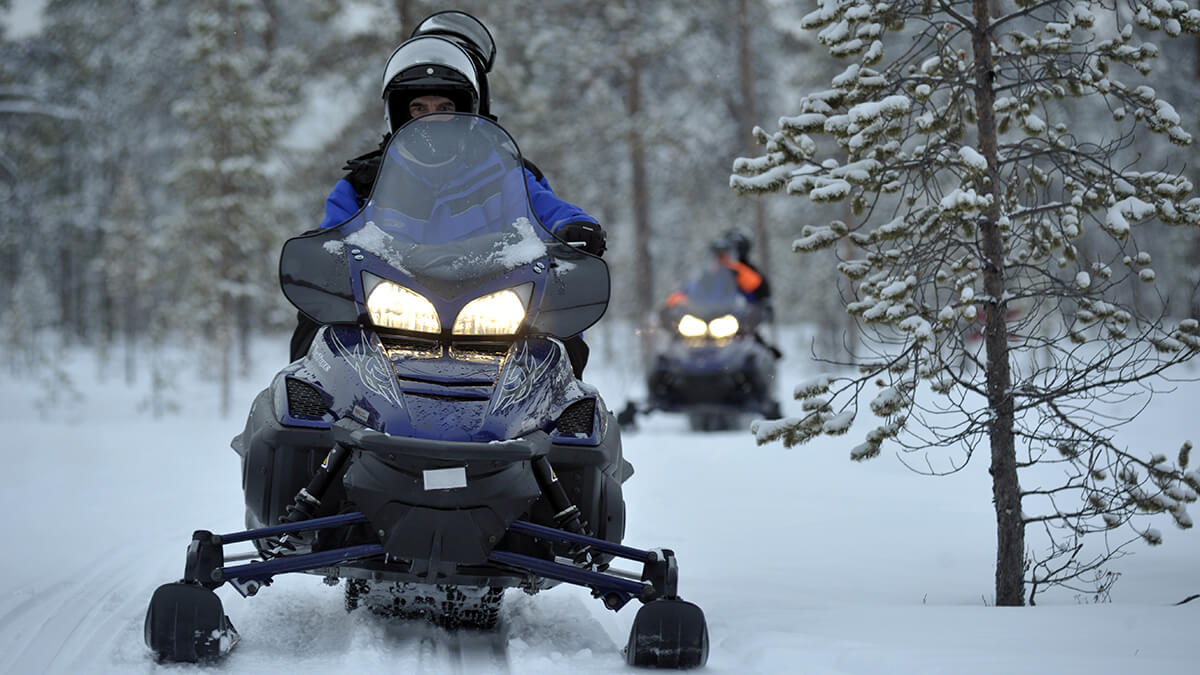
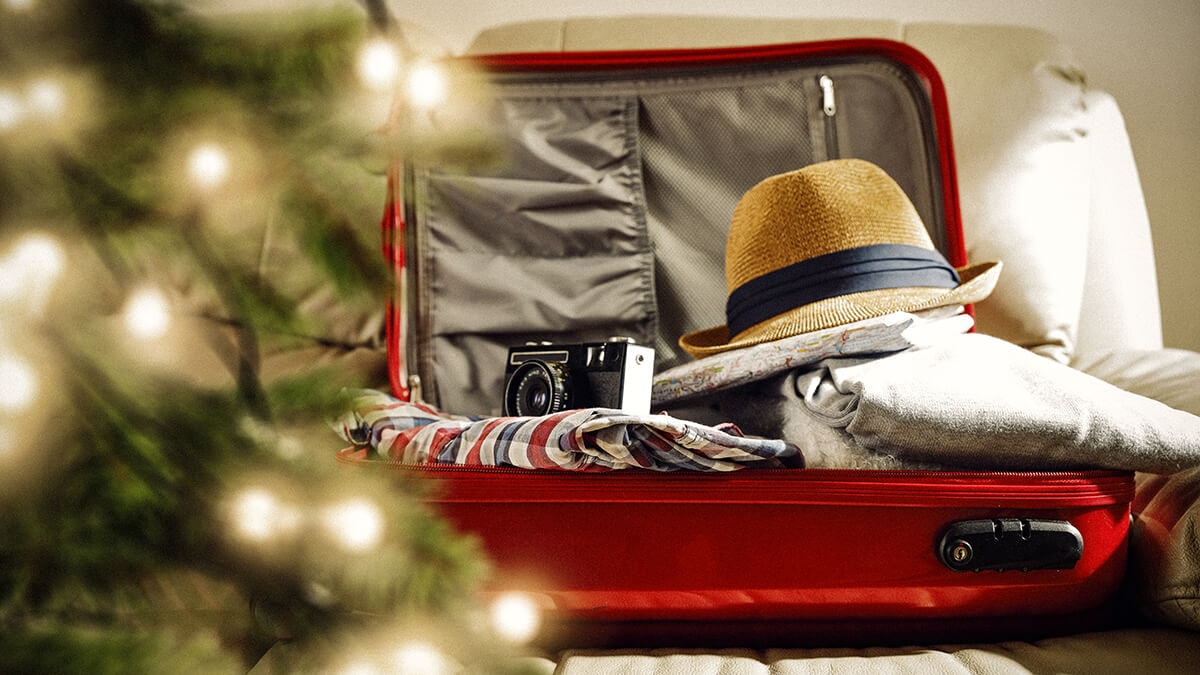
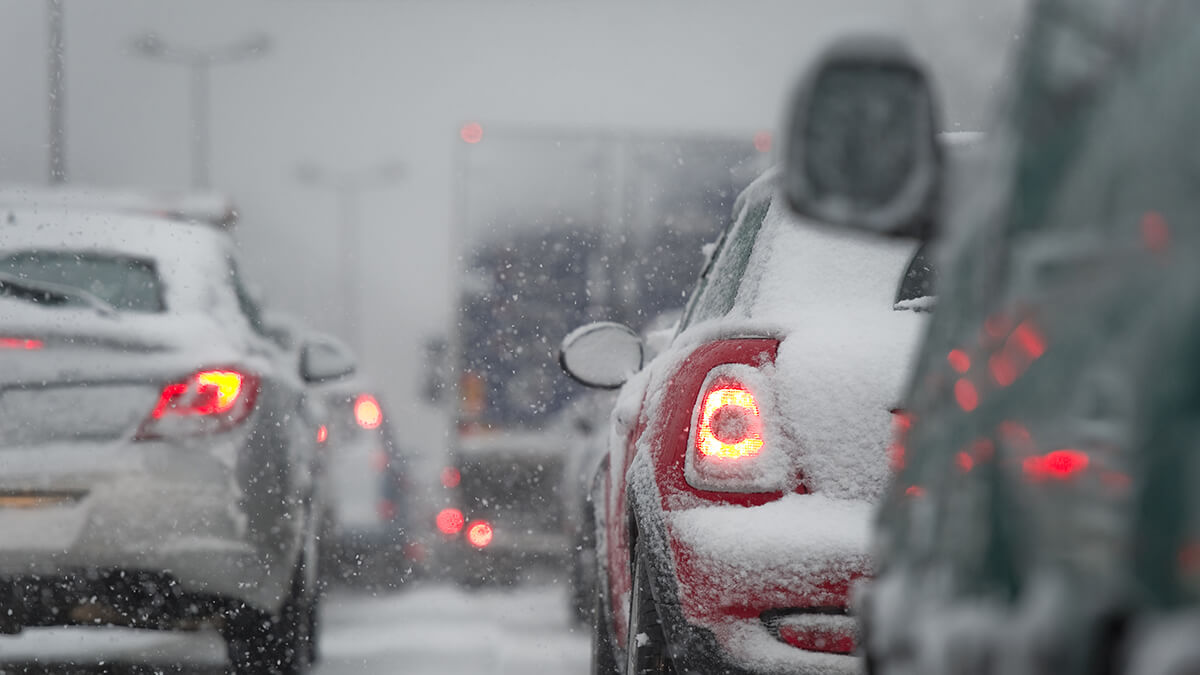


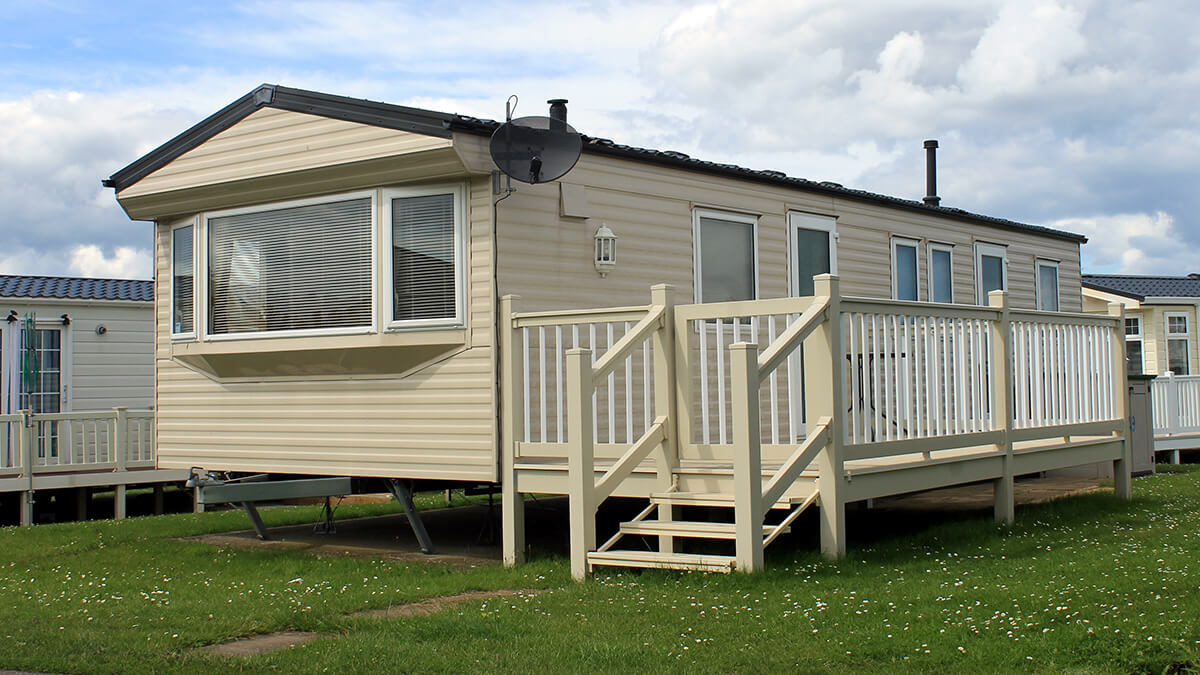
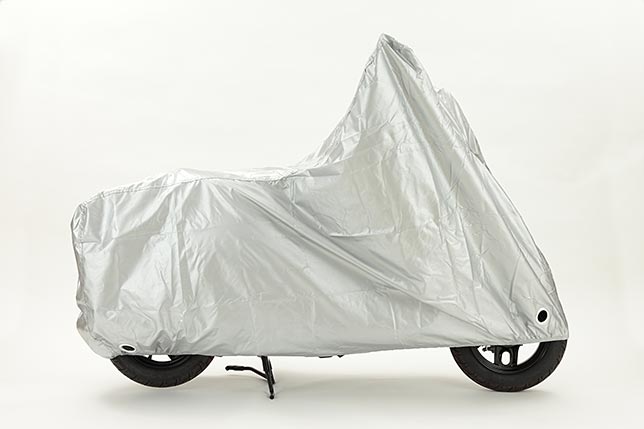
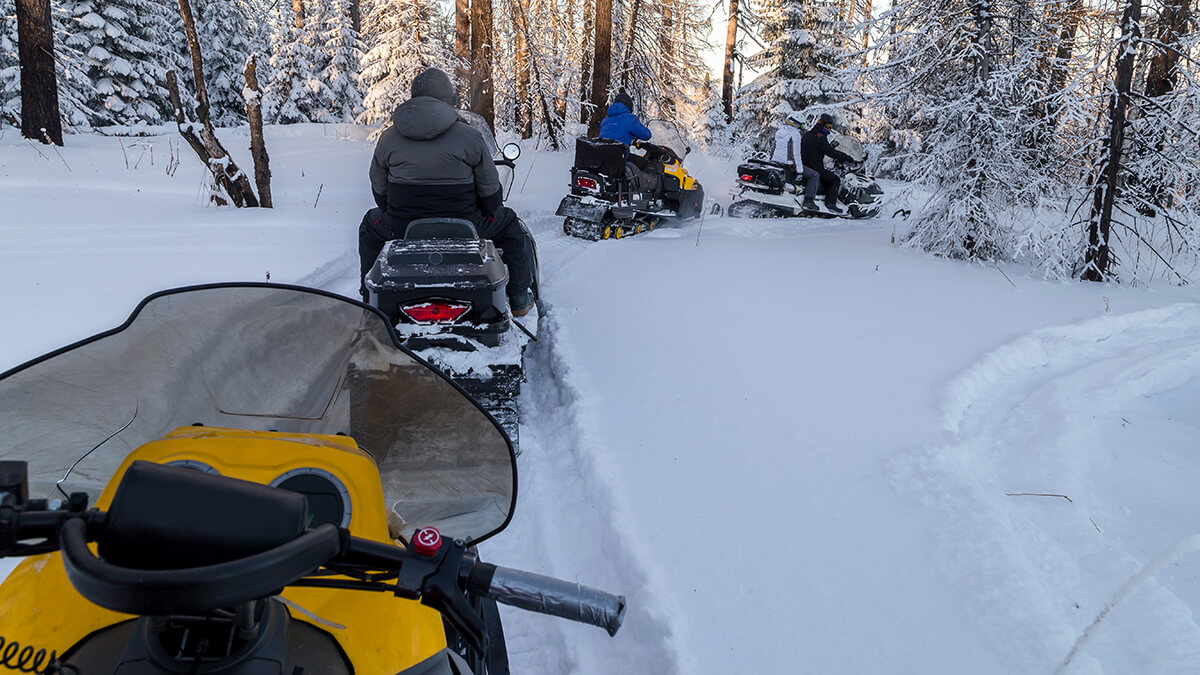
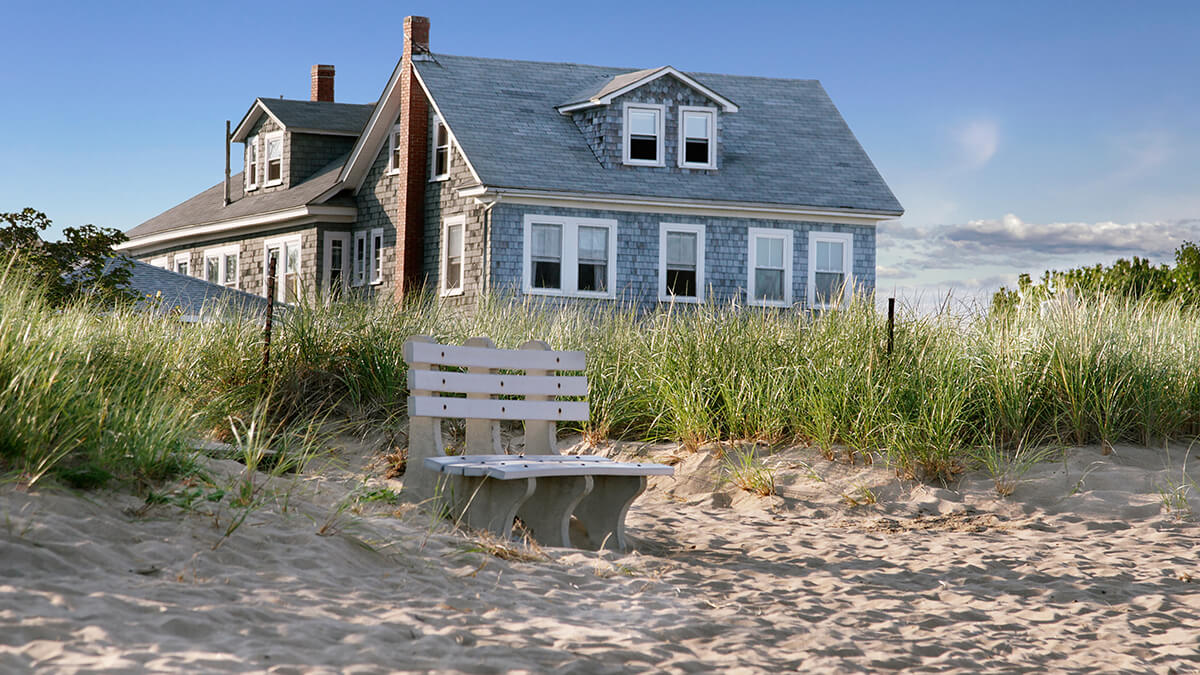
 RSS Feed
RSS Feed